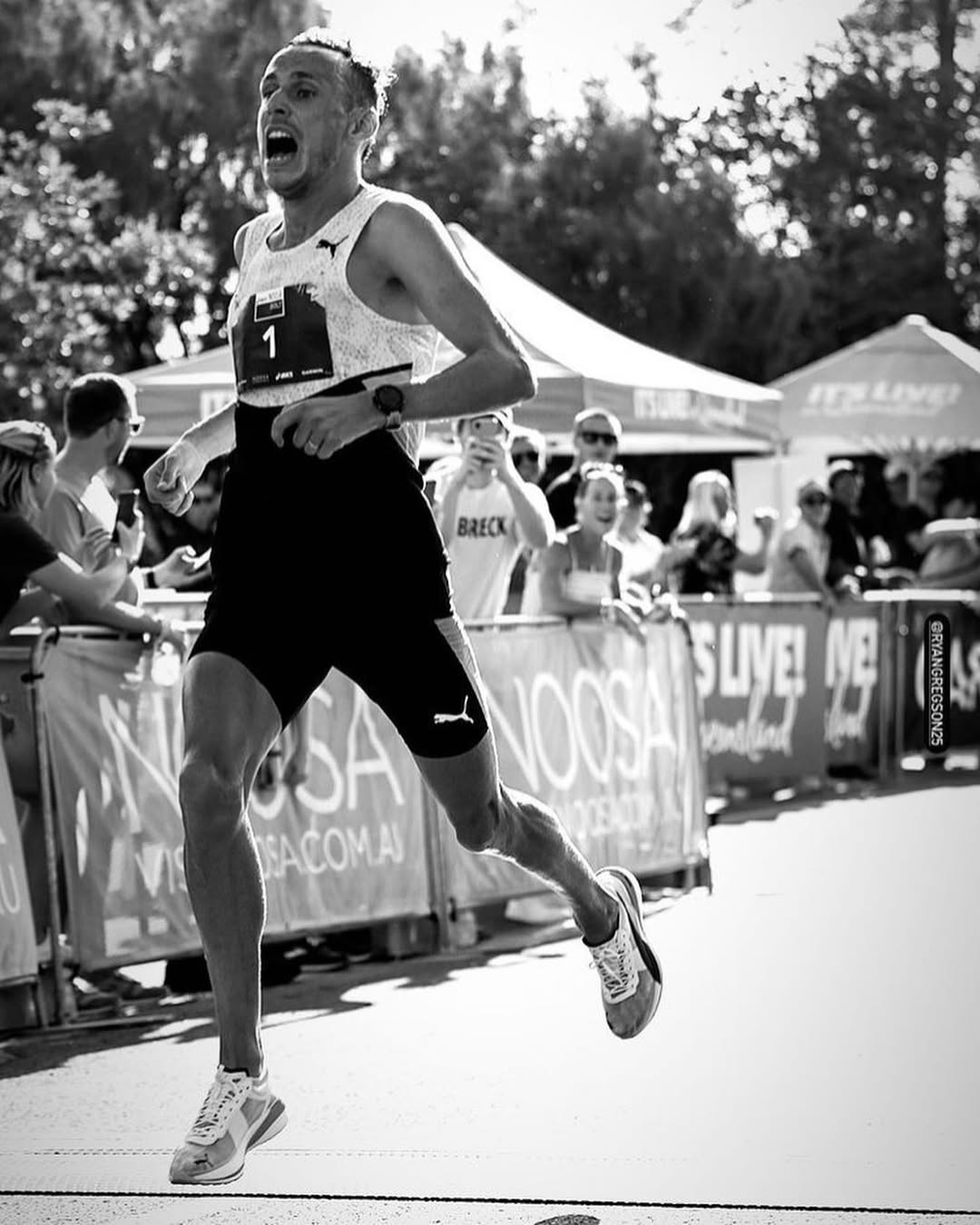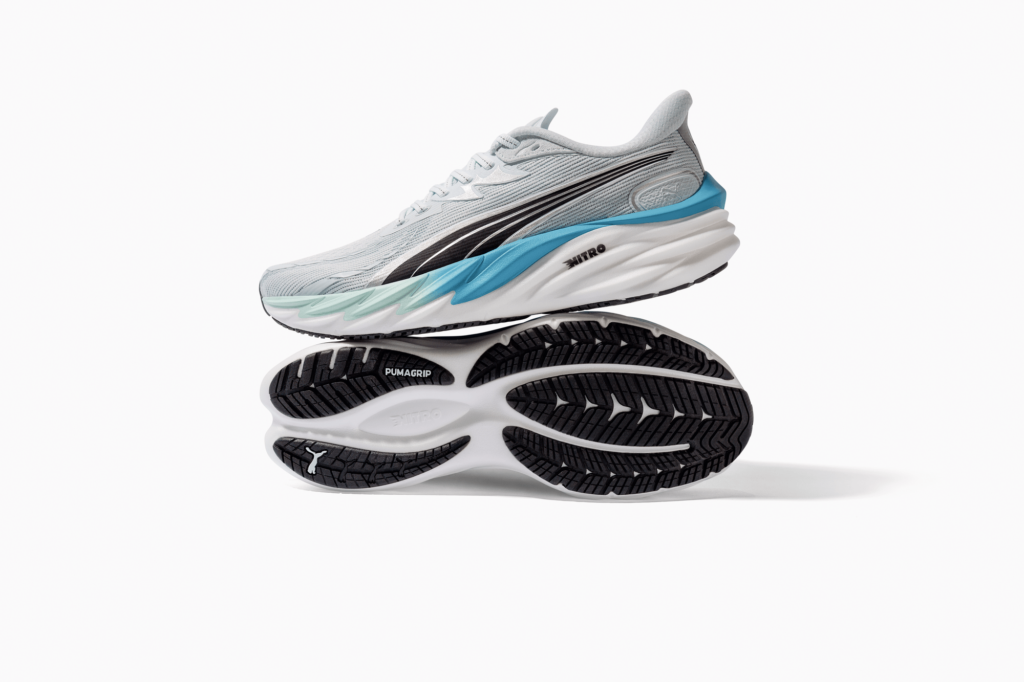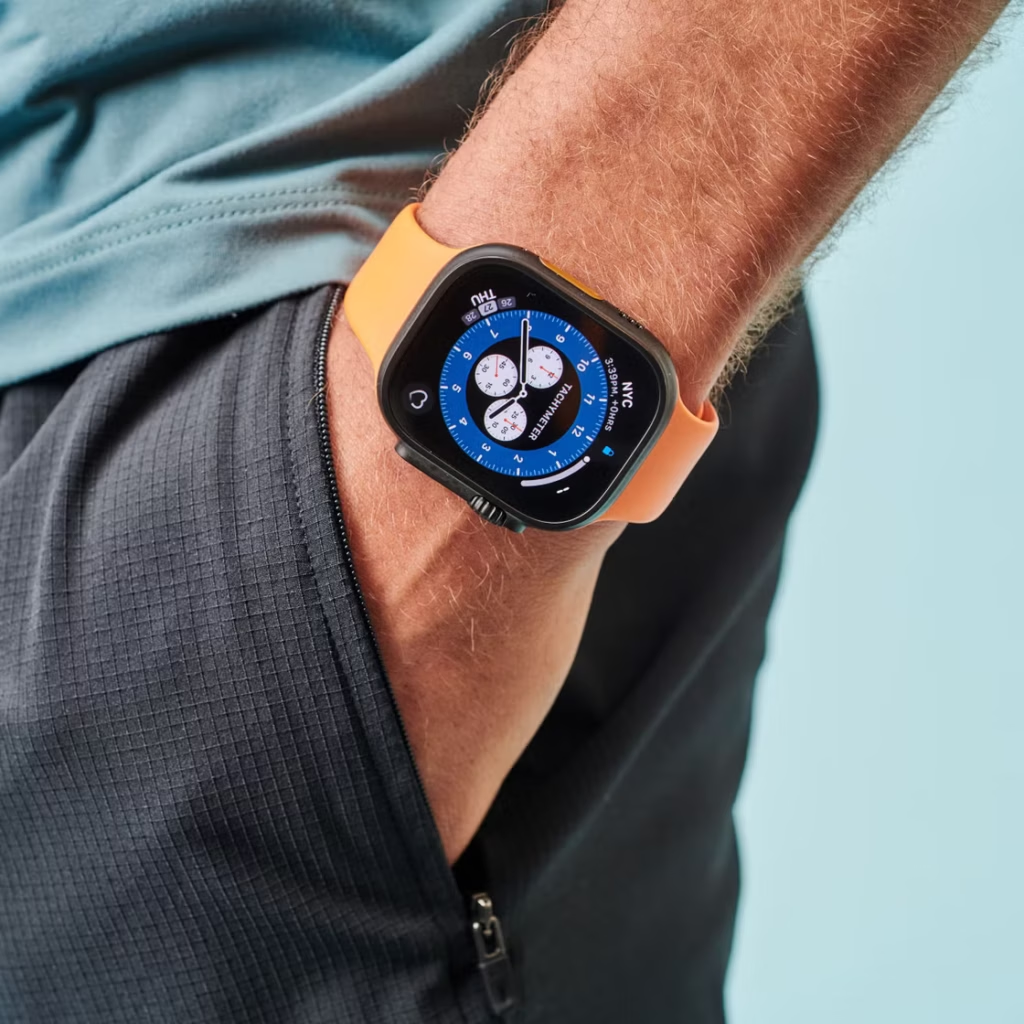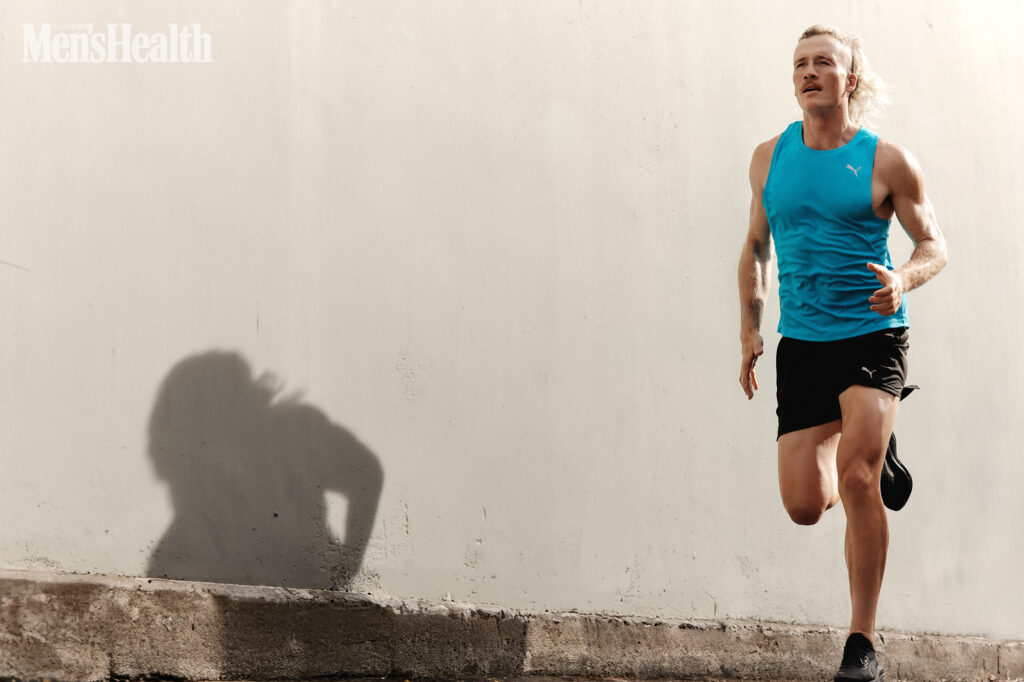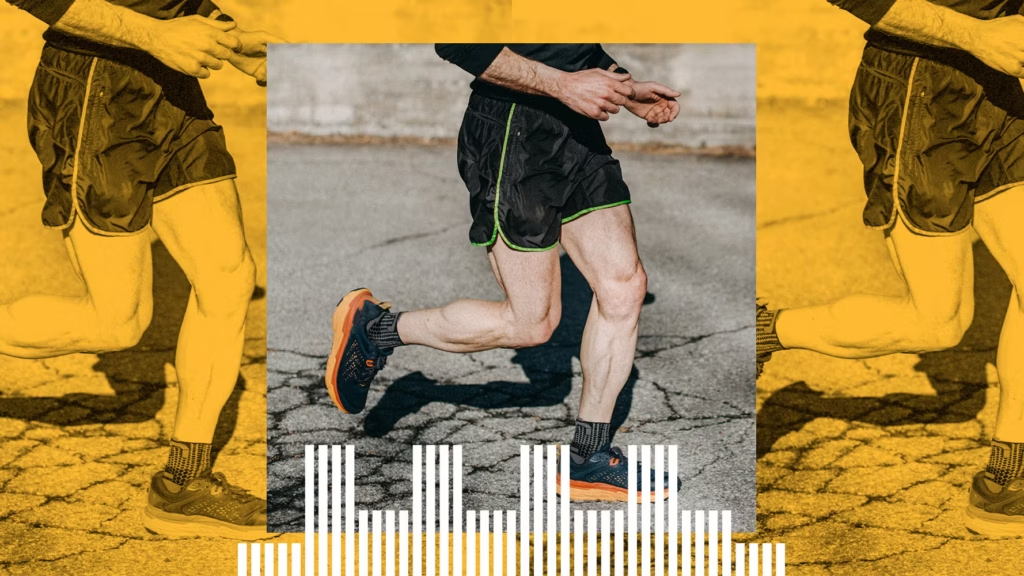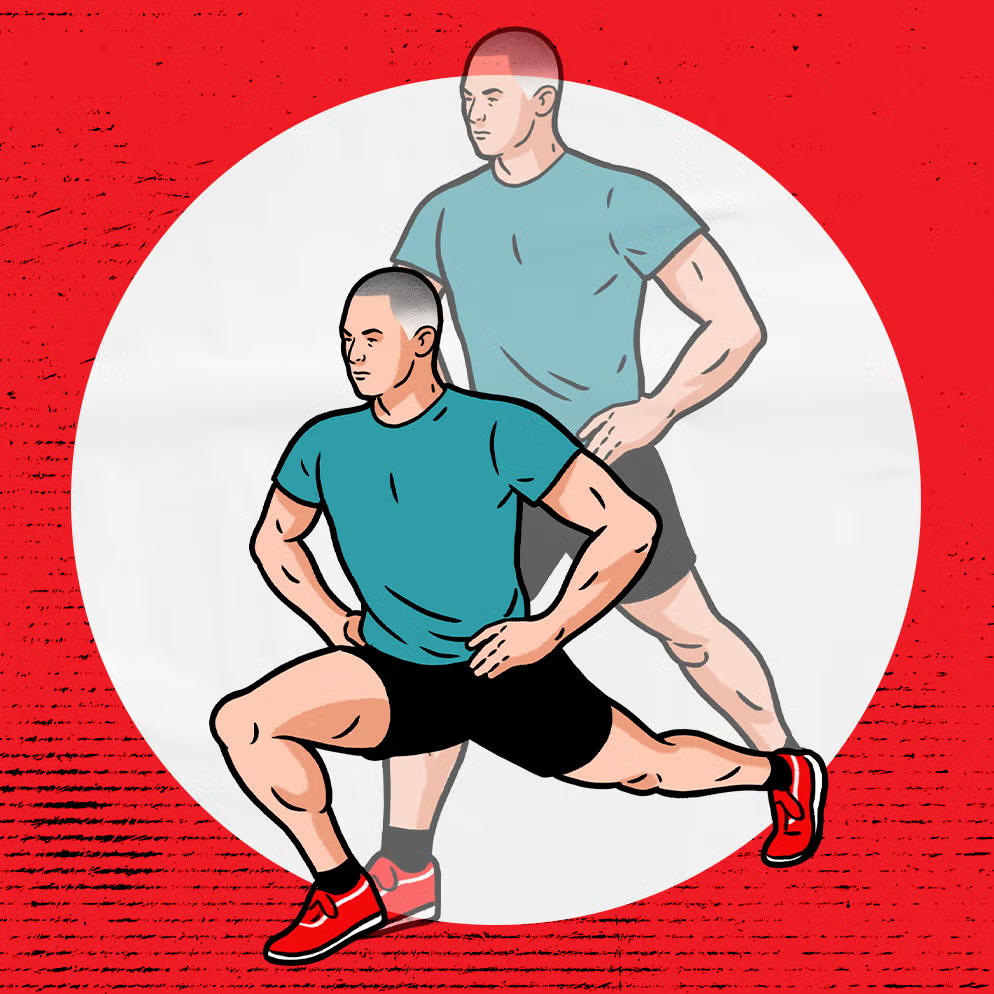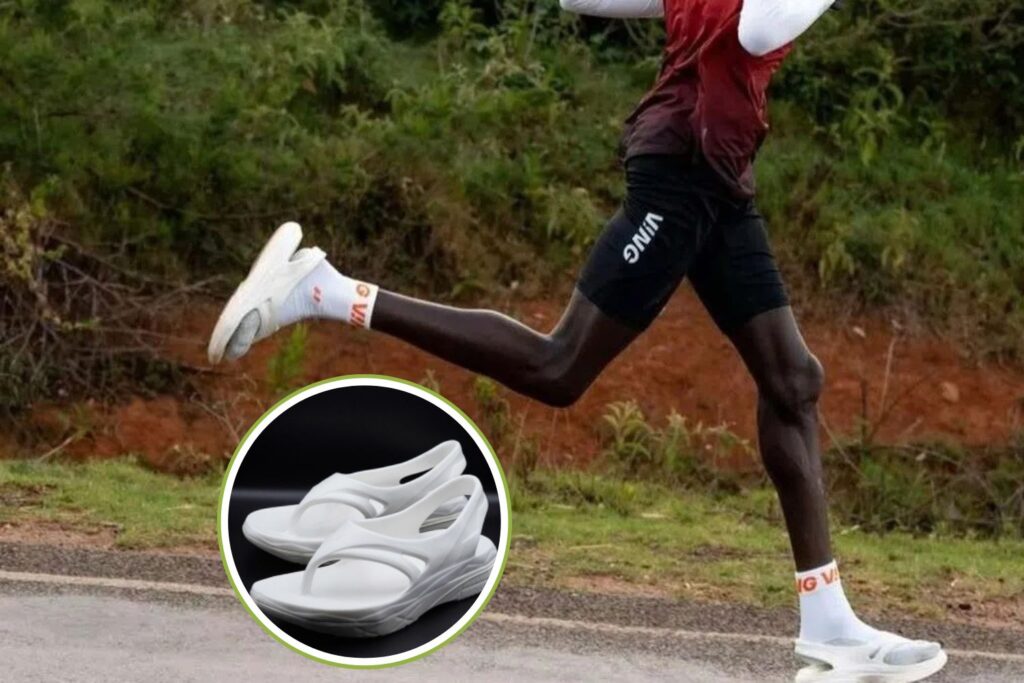Why I Run: Ryan Gregson
Olympic 1500m finalist, running coach and PUMA athlete, Ryan Gregson, says running with firm goals gives you purpose that can turn the sport from pastime into passion
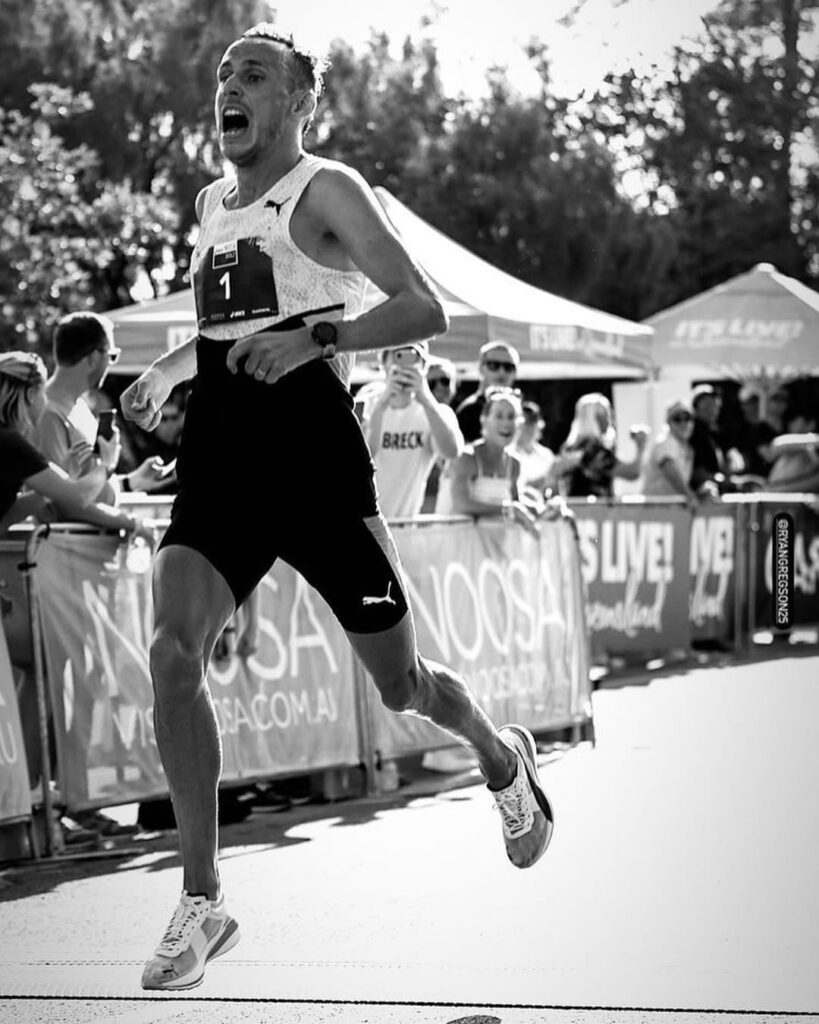
EVEN AS A kid, Ryan Gregson never had any doubts he’d make it to the Olympics one day – it was a goal, more than a dream. His boldness wasn’t completely unfounded – as a youngster, Gregson was dominating local kids in his age group. At rep level, however, Gregson’s confidence perhaps outweighed his actual results.
“I always thought I was going to go to the Olympics, even though, as a seven-year-old, I was coming third in NSW for my age,” says Gregson, who’s speaking to Men’s Health today from his home in Brisbane. “One day I thought I’d be the best in Australia. That didn’t really make sense. It’s obviously great to have dreams, but not for one moment did I doubt it.”
The source of Gregson’s outsized ambition lay in the encouragement he received from his mum. “I had a mum who constantly told me I was great and I could do anything and I just believed it,” says the 35-year-old PUMA athlete. “There were never any thoughts that popped into my head, like Hold on, if you’re only third in your age, how are you eventually going to beat everyone? Those thoughts just didn’t creep in.”
Gregson would turn himself and his mum into prophets, running the 1500m at the London 2012 Olympics and making the Olympic final in the distance at Rio 2016, the first Australian athlete in 40 years to do so.
These days, Gregson is still running with firm goals in mind and together with his wife, four-time Olympian and fellow PUMA athlete, Gen, has started a coaching business, Gregson Running. The couple have a three-year-son, Archer, and are expecting another son at the time of writing.
Naturally having two athletes in the household who both need to prioritise their training and get adequate sleep requires some juggling, but Gregson believes the crunch helps the family create an efficient and sustainable rhythm.
“I would say we’re both fortunate just because we’re doing the same thing, so we know what’s required,” he says. “We both know what each other needs to do throughout the week to get our running in. You probably cut out the fluff because you just want to throw everything at your training because you’ve got that limited time. When you’re busier, you really just concentrate on what’s proven and what actually works.”
Here, Gregson looks back on his journey from a boy with big dreams to an Olympic finalist, his battles with the injury curse and explains why he’ll never stop chasing goals.
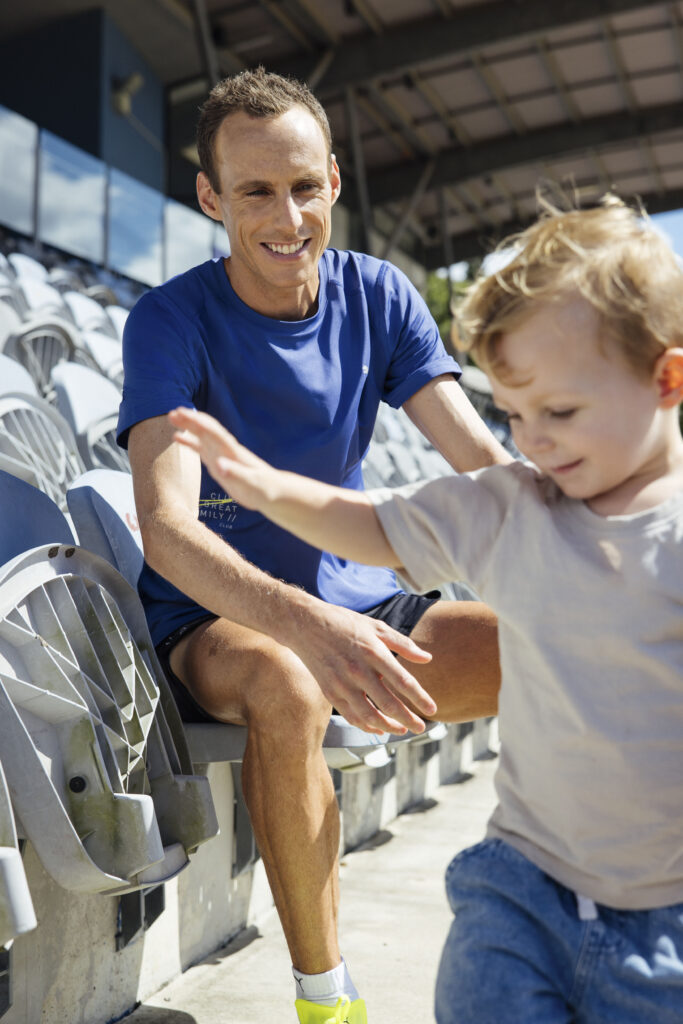
“I grew up just south of Wollongong in NSW and got into running through my older sister. She’s about 18 months older than me and she was doing swimming club on a Friday night and got sick of getting in and out of the pool and getting cold. So she said to mum and dad, ‘I want to do something else’. And they said, ‘Oh, Friday nights is also Little Athletics’. I just tagged along as there was a Tiny Tots program for four-year-olds. I literally started running at the age of four and have been doing it ever since.
I was the quickest kid at school and had a bit of national success early, so it made me love the sport. I think as a kid you naturally gravitate towards things you’re good at. I also played cricket and hockey and I was quite good at them as well, but I was attracted to running because it was so easy to see how you were doing. You could go to a state championship and if you got a medal, well, you’re clearly doing well whereas in these other sports you could have a great game but you don’t really know how good you are. From an early age, I really enjoyed that in running, if you put in the work, you can get the rewards.
I started on longer distances like cross country and 3k. When it got to the shorter distances on the track, like the 800 and 1500m, I was the kid who’d be there until a lap to go and then I’d just get blown away. I’d be the one who’d be leading trying to drop everyone but I had no sprint finish.
And then I just went through puberty at 16, turned into a bit more of a man and this speed came and I just dropped distances. I went down to the 1500 and my second-best event ended up being the 800. Instead of having to lead and try to shake everyone, I ended up being the one who used to sit in [position] and use the sprint finish at the end. It all changed for me when I got stronger.
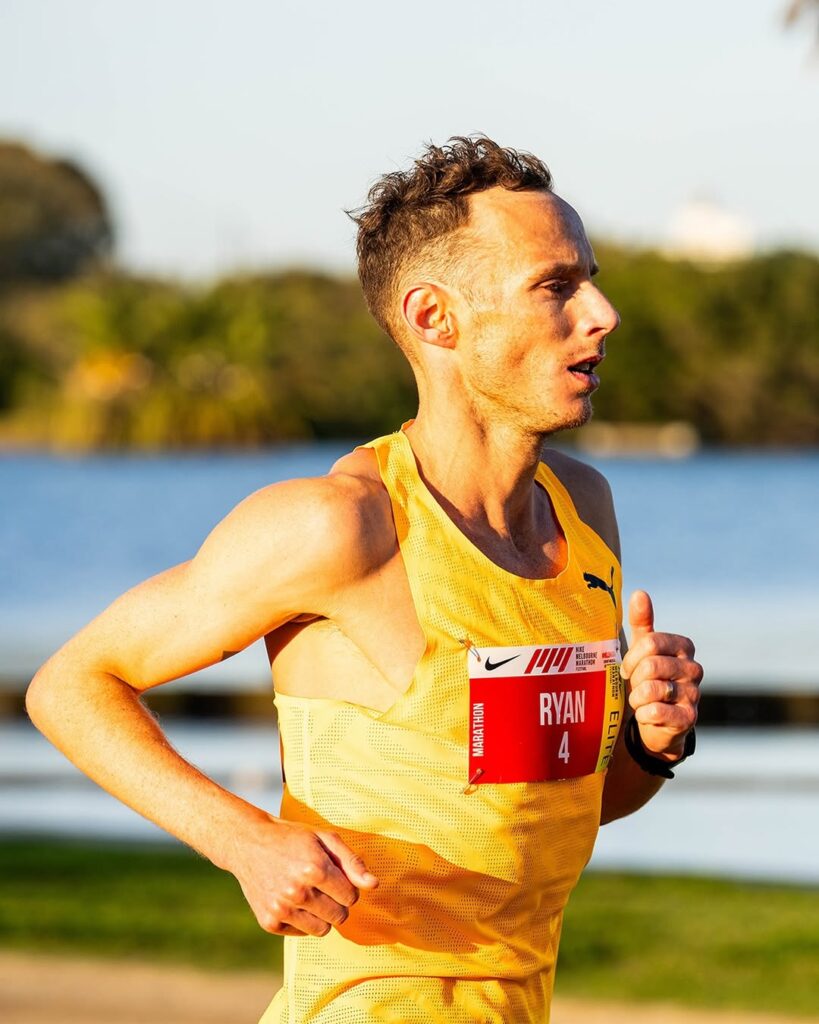
Professionally, I had a lot of success early, like setting Australian junior records when I was 20 and then I set the Australian senior record in the 1500m in 2010. But from 2010 until 2015 I would’ve had more days out injured than I actually had running.
Looking back now, I was probably too powerful for my young body and I was just breaking down so much. It was stress fractures – femur stress fractures, fibula stress fractures – patella tendon, Achilles tendon, thigh, hamstring tendon. It was just everything. The stress fracture happened while I stopped for a pee. Sometimes these just things happen, there’s no prior warning.
There were certainly times where I thought ‘Is this cycle ever going to end?’ When you get one injury, it’s so much easier to get another because then you take time off, your body gets unconditioned and then you build up again and it’s like a snowball effect. You just keep getting hurt.
I couldn’t break that cycle, but what got me back was the fact that I’d had a taste of success when I broke the Australian 1500m record. I was so desperate to get back and perhaps if I hadn’t had that success early on, I’d be like, Oh, it’s just not meant for me. I don’t have the body for it. But because I had that taste, it was just this big driver in needing to get back.
I think what made me so proud about making the Olympic final in Rio in 2016 is that I’d just had to reinvent the wheel so many times [with injuries] and to finally get a result that I felt was worthy of the talent I’d been given was super rewarding.
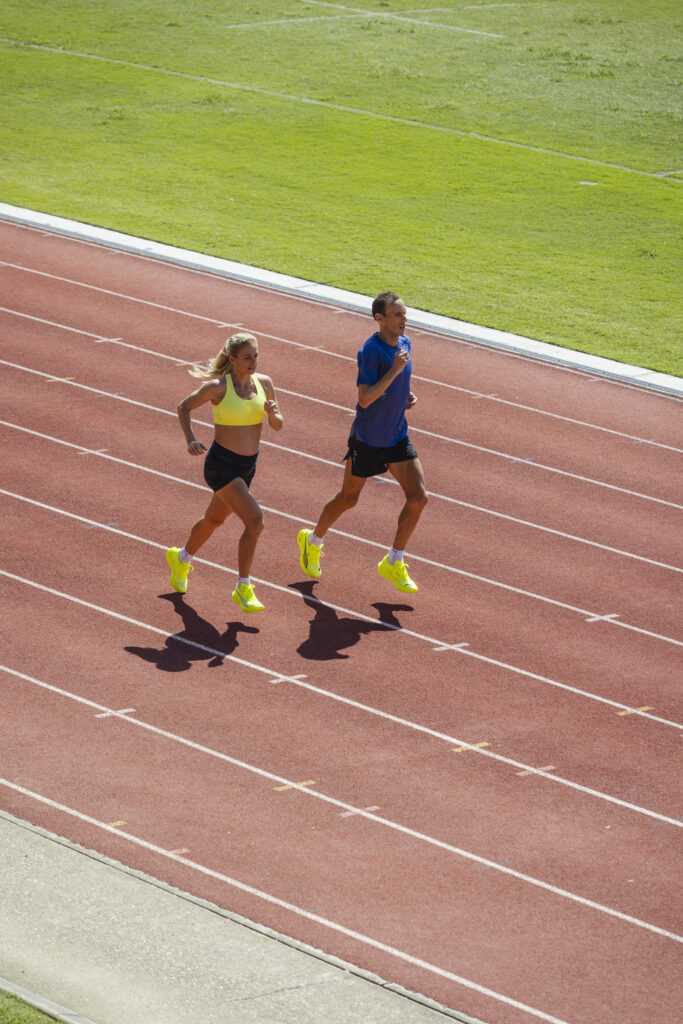
I love the sport more than I did when I was younger. As I’ve gotten older, I’ve realised how healthy it is, not just exercising, but to have goals to drive you and have purpose. And again, no matter what that goal is – it could be making the Olympics, it could be cracking 20 minutes for a 5K – gives you that accountability. I feel like I’m constantly moving towards that goal and I feel happier when I’m working hard and I’ve got something to strive towards.
It’s the same thing with coaching. I love seeing people commit to something. I think there’s something special about seeing people go out of their comfort zone and put a goal on the line, even if they don’t get near it. Just the fact that they vocalise it and say, ‘I want to do this. Can you help me do this?’ That exposes yourself, it makes you vulnerable and I think there’s something special about putting it on the line and then just going after it.
Obviously, it’s great to see people get that goal and run a big PB, but what I’m even more impressed by is seeing the athletes we have who don’t hit their goal. They’ll be like, ‘That marathon absolutely killed me. My quads are smashed. I was 15 minutes off what I wanted to run, but I just want to get out there again’. That’s what I love.”





